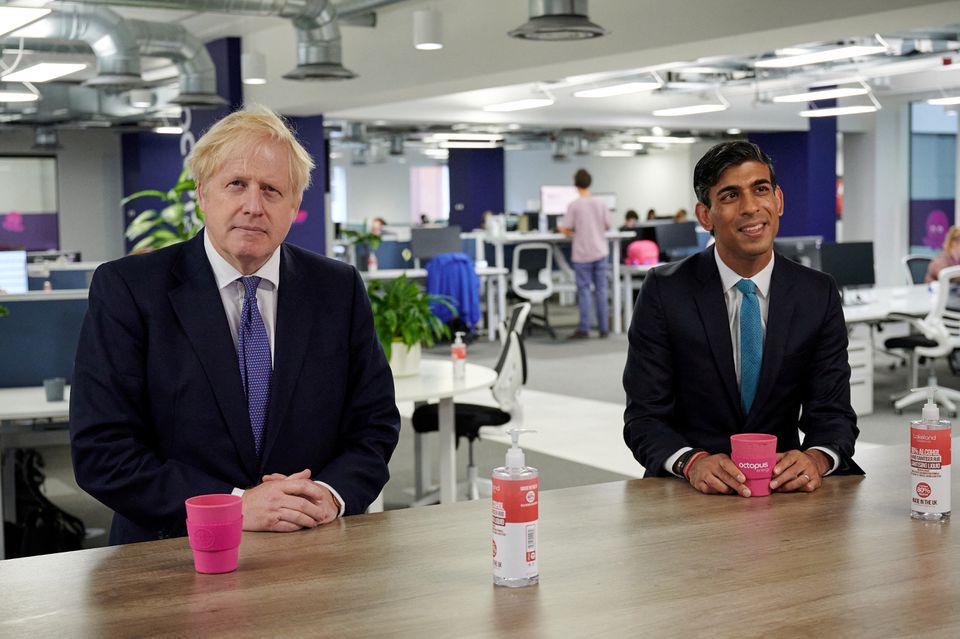
The British government’s decision to approve collapsed energy supplier Bulb’s acquisition by Octopus Energy faces a legal challenge from rival suppliers in early 2023, after a judge at London’s High Court refused to hear the case next week.
British Gas, E.ON and Scottish Power are challenging the takeover of Bulb, which had around 1.5 million domestic customers and was one of the largest energy suppliers to collapse last year.
The British government’s official budget forecaster said last month that support for Bulb will cost around 6.5 billion pounds ($7.8 billion).
The deal for Octopus to buy Bulb was approved by the Department for Business, Energy & Industrial Strategy (BEIS) in October and, last week, a High Court judge set a date for the deal to go ahead on Dec. 20.
Paul Harris, representing British Gas, said “there may well have been a mess up in the decision-making procedure”, adding that the government is mounting “an attempt to cover up” by saying the suppliers’ case should be heard next week.
He said British Gas, E.ON and Scottish Power were not told during the bidding process for Bulb that there were “enormous state subsidies on offer, running to literally billions of pounds” and that the suppliers may have bid if they had known.
But Octopus’ lawyers said the legal challenge must be heard before the end of the year or the deal could collapse.
David Pannick, representing Octopus, said in written submissions that the case must be heard quickly in the interest of energy consumers, “who require certainty and continuity of service, support and energy supply this winter”.
Patrick Halliday, representing BEIS, said that the rival suppliers’ delay in bringing their challenge had created the “extreme urgency”.
Judge Jonathan Swift said that hearing the suppliers’ legal challenge after the deal has gone through could lead to uncertainty and leaves open the possibility that the transfer of Bulb customers to Octopus “might need to be unpicked”.
But the judge ruled that delaying the case until early next year was “the least worst option”.